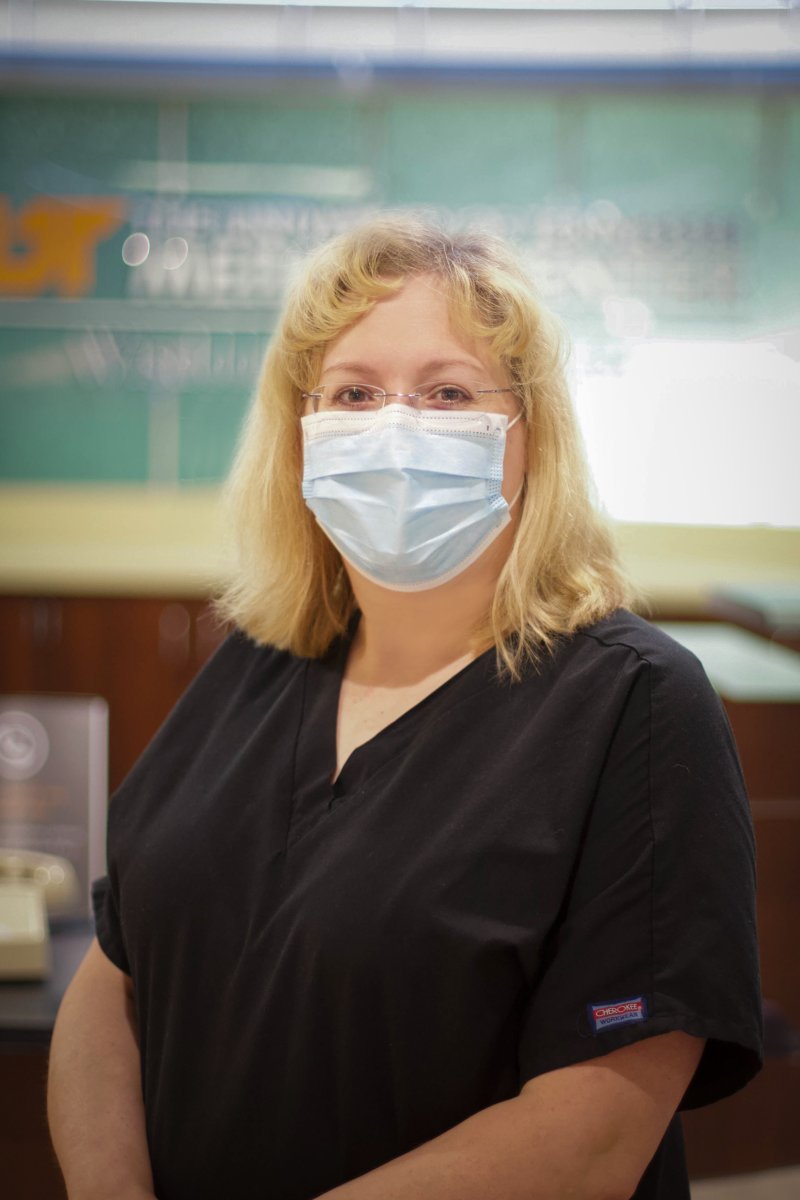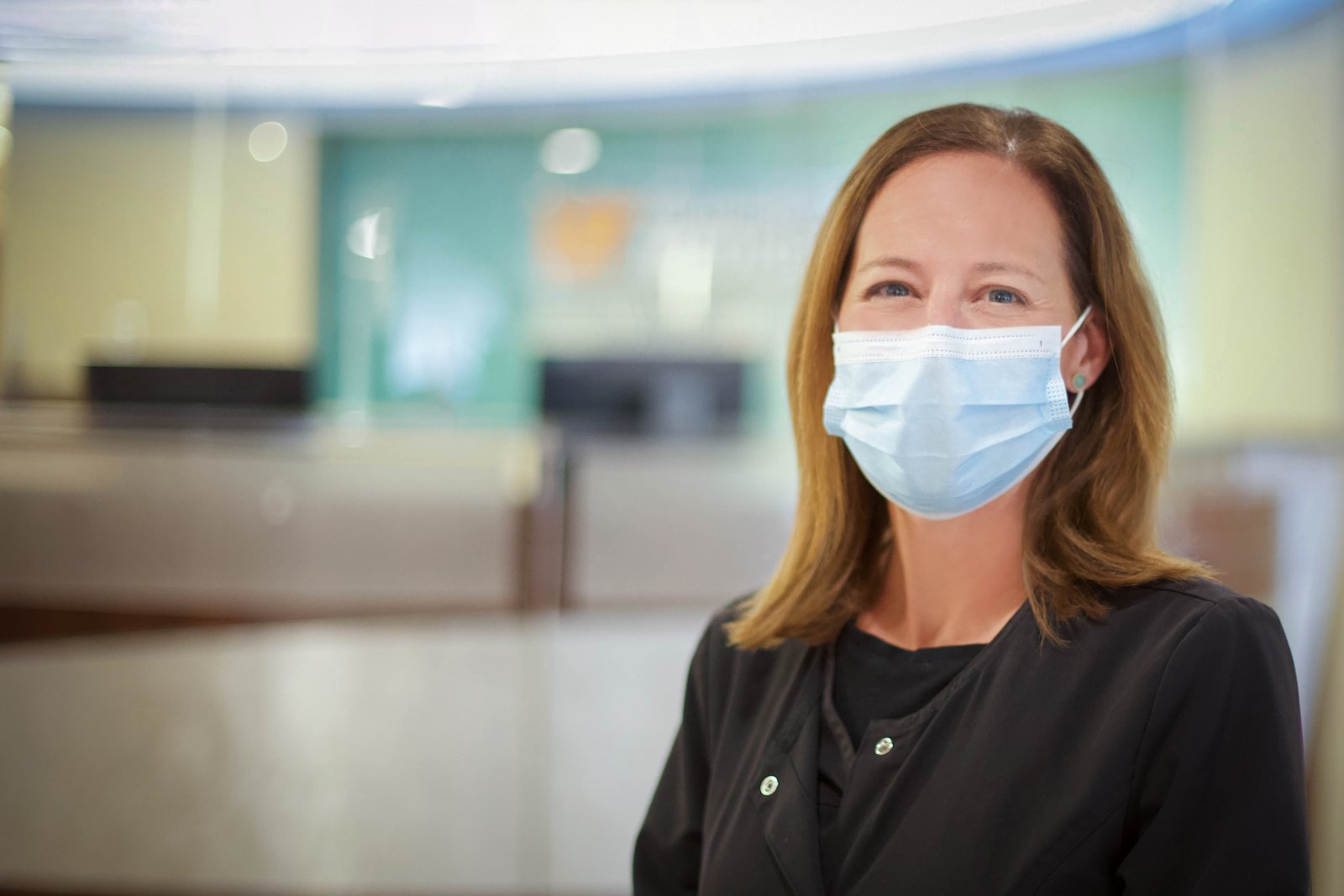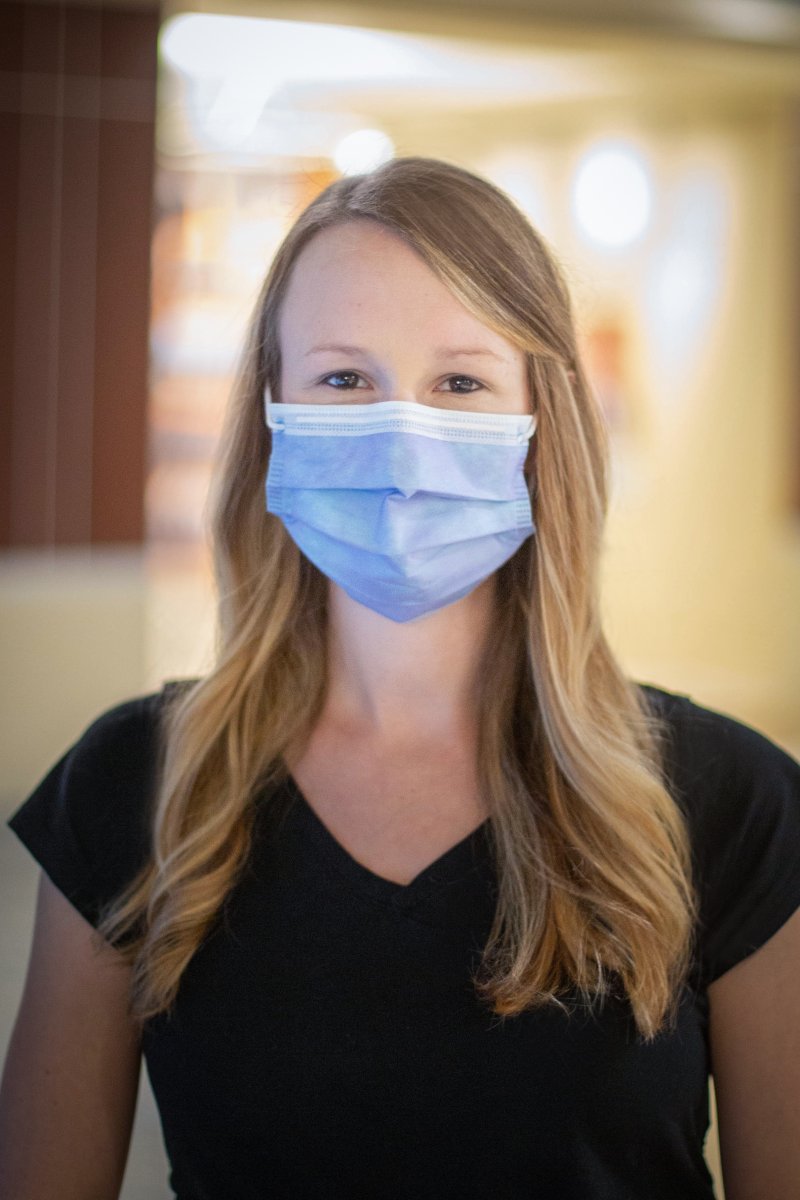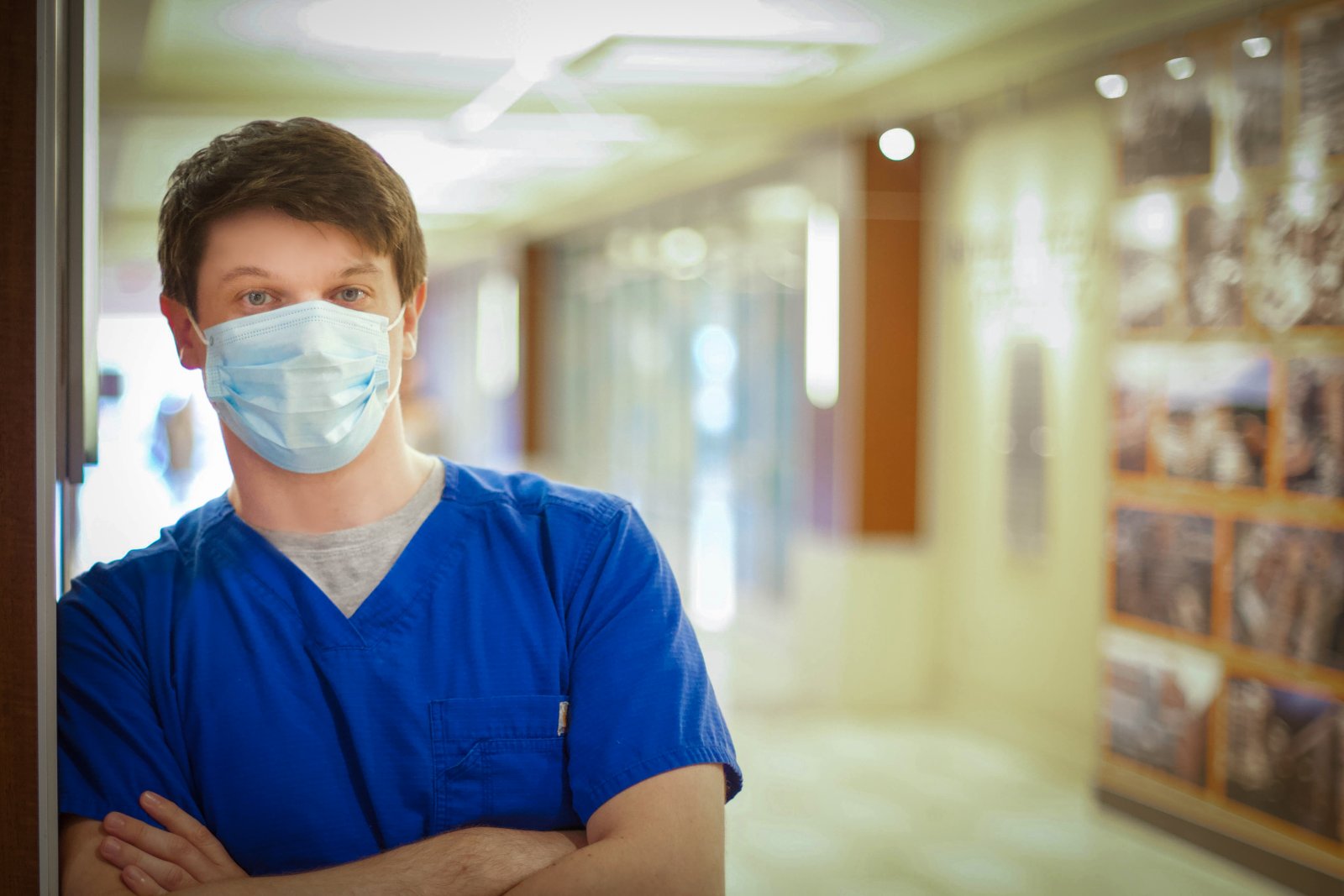World Stroke Day 2020
Nearly 800,000 people in the United States experience stroke each year. Stroke is the leading cause of adult disability and a leading cause of death. Every 40 seconds someone’s life is changed by stroke.
A stroke happens when blood flow to the brain is interrupted. This interruption can be caused by a blockage or rupture of a blood vessel that carries oxygen and nutrients to the brain. If the brain does not get enough oxygen or nutrients, brain cells will die. When brain cells in a specific area die, the part of the body that area controls doesn’t work as it should. This is why stroke causes disability.
Stroke is always a medical emergency. Rapid treatment may help to decrease the long-term effects of stroke and in some cases, prevent death. If you recognize the warning signs of stroke, it’s important that you activate Emergency Medical Services (EMS) immediately by dialing 9-1-1.
Remember to BE FAST When Recognizing Stroke Symptoms
Remember (B)alance, (E)yes, (F)ace drooping, (A)rm weakness, or (S)peech difficulty, it’s (T)ime to call 911.
In recognition of World Stroke Day, we recently interviewed team members with our Comprehensive Stroke Team to learn more about these dedicated and passionate individuals.
Rebekah, Physical Therapy Assistant
 Question: What inspired you to pursue your current position?
Question: What inspired you to pursue your current position?
Answer: I have always enjoyed working with people, and love the fact that I have a career that makes a positive impact on people.
Question: How long have you been with UTMCK?
Answer: 13 years
Question: What type of patients do you work with?
Answer: Mainly stroke population, but I have with traumatic brain injuries, multi-trauma patients, people with joint replacements, and a variety of other patients.
Question: What is something you love about your position?
Answer: One of the things I love most about my job is being able to help a person that has had a stroke regain their mobility so that they get can back to doing things they enjoy. I really do enjoy working with stroke patients.
Question: What type of training did you go through for your role?
Answer: I have an A.A.S. degree from Roane State Community College
Question: What is a memorable experience in your role at the medical center?
Answer: I worked with a particular person who had a stroke, but was having difficulty getting placed in a rehab setting, so they were here for a very long time. I worked with this patient many times, and I was able to help them go from barely being able to get into a chair to walking in the halls with a cane. That person was then able to go home. It made me so happy to see them progress so much, and I was glad to be a part of that.
Jessica, Occupational Therapist

Question: What inspired you to pursue your current position?
Answer: I came to UT Medical Center in 2003 as a new graduate OT from the University of Chattanooga. My goal was to learn as much as possible for a few years, then transition into pediatric OT practice. I found that I had an undiscovered passion for acute care and adults, specifically those suffering from neuro-trauma. Over my time at UTMC, I have had the chance to serve patients in all patient care areas, including the ED and ICU. I am committed to our mission, vision, and values, and am dedicated to growing our OT team, which I now serve as OT supervisor.
Question: How long have you been with UT Medical Center?
Answer: I have been employed at UT Medical Center for 17 years.
Question: What types of patients do you work with?
Answer: I have the opportunity to work with a wide variety of patient diagnoses including stroke, neurological disorders, medical and surgical patients, and those suffering from orthopedic and neurologic trauma to name a few.
Question: What is your favorite part of your role as an occupational therapist?
Answer: Being a therapist in a Level I trauma center gives me the unique opportunity to be a part of a patient’s rehab journey at the earliest stages. Often after trauma, injuries, or stroke these patients have a difficult time seeing themselves getting out of bed or to the bathroom, let alone returning to their prior daily activities. The opportunity to engage them in early activities to facilitate independence with basic self-care skills can help them visualize their own medical and functional recovery. I find this to be humbling and inspiring.
Question: What type of training did you go through for your role?
Answer: I spent two years in Occupational Therapy school and then 6 months in clinical rotations prior to sitting for my board examination. I complete annual continuing education relevant to my current OT practice.
Question: What is a memorable experience in your role at the medical center?
Answer: I am often encouraged by my patients who are working hard to recover after traumatic accidents, injuries or stroke. Many of these patients not only have healing and physical recovery to manage but are enduring emotional trauma from loved ones lost or a forever-changed life due to the injuries they have. To see these patients and their families experience hope and maintain a positive outlook reminds me of human resilience and my purpose as a small part of their story.
Megan, Speech Pathologist

Question: What inspired you to pursue your current position?
Answer: From a young age, my passion has always been to help others and make an impact on the lives of those around me. My current position allows me to bring about positive improvement in patients with speech or swallowing deficits following a stroke.
Question: How long have you been with UT Medical Center?
Answer: I have been employed at UT Medical Center for 7 years.
Question: What types of patients do you work with?
Answer: The majority of my caseload is neurologically based, with a heavy emphasis on the stroke population. For patients who experience a stroke, devastating their brain and costing them many of the things they enjoyed in life (walking, talking, eating), we have an opportunity to make such a difference. I love being a part of a multidisciplinary team who put the patient’s needs first.
Question: What is your favorite part of your role as a Speech Pathologist?
Answer: The best part of my job is seeing a patient or family member’s reaction when the patient is able to speak for the first time during therapy. It’s amazing how much we take for granted our ability to communicate. The frustration I see in patients with aphasia who are not able to communicate is heartbreaking. There is nothing more rewarding than watching the eyes of the patient’s family member fill with tears when the patient speaks for the first time. Or see the sweet smile of a patient who has been striving for days to say their own name, finally accomplish this! When we facilitate successful verbal speech during the therapy process, you can instantly see a positive change in the patient’s demeanor.
Question: What type of training did you go through for your role?
Answer: I obtained a Bachelor’s degree in Audiology and Speech Pathology at University of Tennessee, a Master’s degree from ETSU, completed a two year Traineeship at the VA Medical Center in Johnson City, TN and completed a Fellowship at Texas Children’s Hospital in Houston, TX.
Question: Give us an example of an impactful experience to you personally at UT Medical Center.
Answer: My grandfather had a spontaneous hemorrhagic stroke several years ago. I cannot express how grateful I was that the team I work with everyday was the one providing excellent care to him during his stroke. From the moment the EMS arrived at his home until the time that he was discharged from the hospital, I knew he was getting the very best care. As a family member, the reassurance that provides is irreplaceable.
Question: Is there anything else not covered in the above questions you feel people should know about you and your position?
Answer: One of the largest misconceptions about Speech Pathology in acute care is that we only target swallowing deficits. I feel is important to understand that we are also responsible for communication! Aphasia, a language deficit, is common after stroke and often leaves patients unable to comprehend speech or be understood by others. Just because a patient is not speaking verbally, does not mean that they are not appropriate for our services! We can offer patients numerous alternatives for verbal communication to allow them to take part in their care planning, state their wants/needs and communicate with their family and caregivers. This can really make a huge impact on their quality of life!
Zach, RN 7 South Neuro/Stroke Unit

Question: What inspired you to pursue your current position?
Answer: I’ve always been interested in working with neuro patients, and working at one of the nation’s best comprehensive stroke centers sounded like the perfect opportunity for me to provide the highest quality care.
Question: How long have you been with UT Medical Center?
Answer: I have been an RN at UT Medical Center for 3 years.
Question: What types of patients do you work with?
Answer: Working at a comprehensive stroke center gives me the opportunity to work with some of the most unique and complex stroke patients ranging from adolescents to the elderly.
Question: What is your favorite part of your role as a registered nurse?
Answer: My favorite thing as a nurse is being able to celebrate even the smallest of improvements in a patient’s condition. When a patient is able to suddenly lift their arm off the bed, that gives them the extra encouragement they need to work hard with therapy and follow the treatment plan to continue to improve.
Question: What type of training did you go through for your role?
Answer: I got my associate’s degree from Pellissippi State Community College and am in school now for my Bachelor’s degree.
Question: Give us an example of an impactful experience to you personally at UT Medical Center.
Answer: One of the most memorable moments I’ve had here at UT was when one of my patients was finally able to communicate with me through writing. She began crying when she was able to express herself and simply wrote “thank you, Zachary.”
